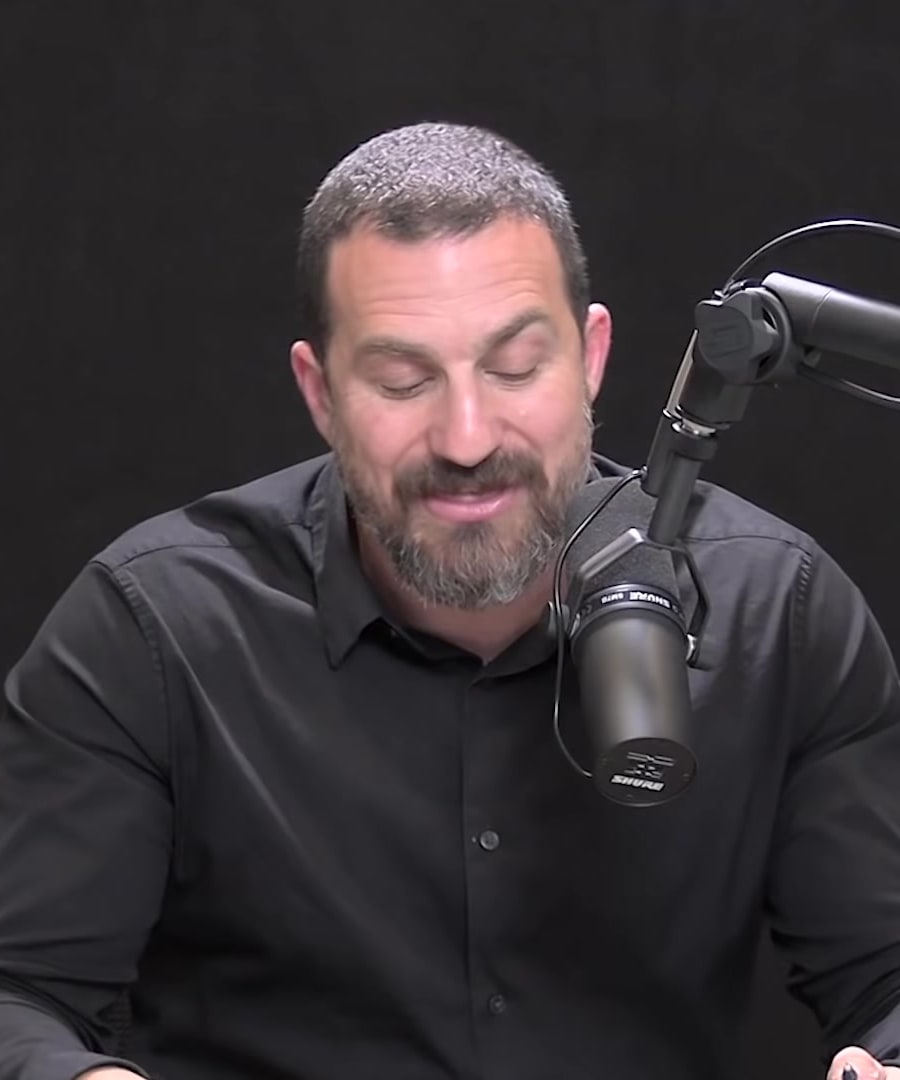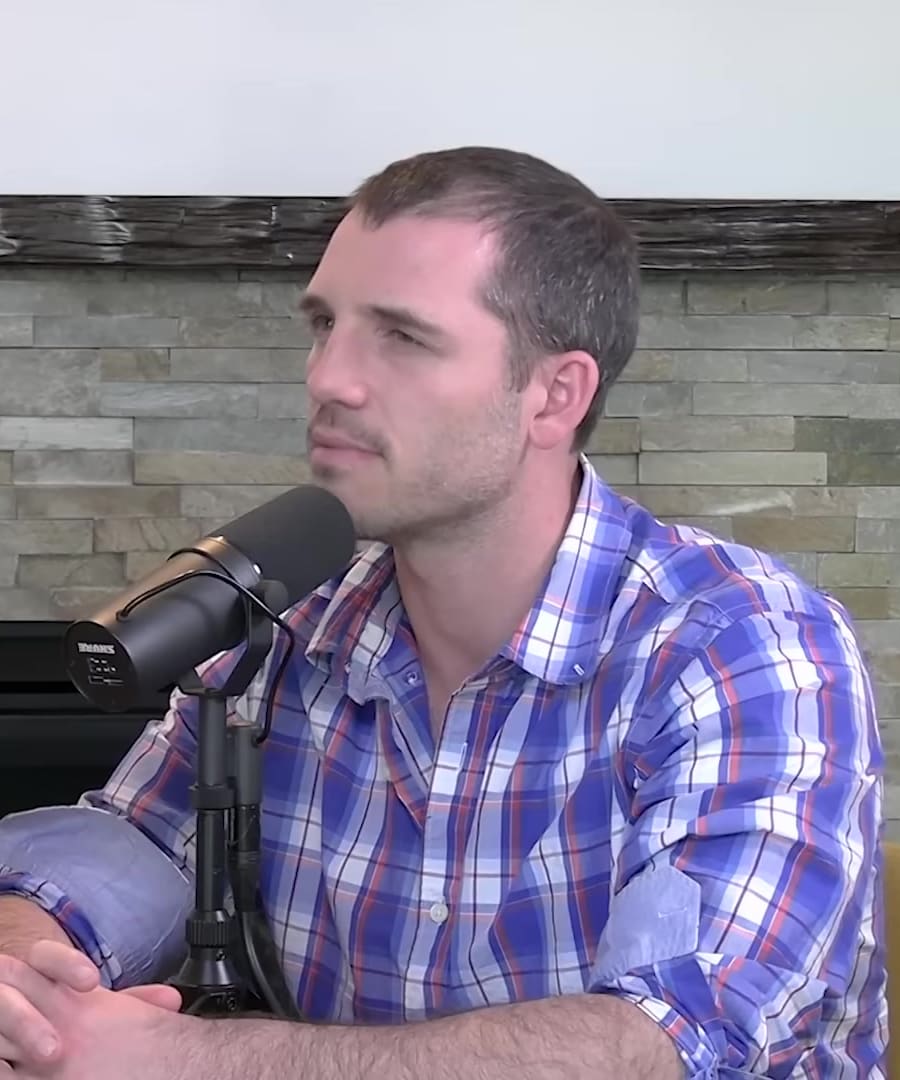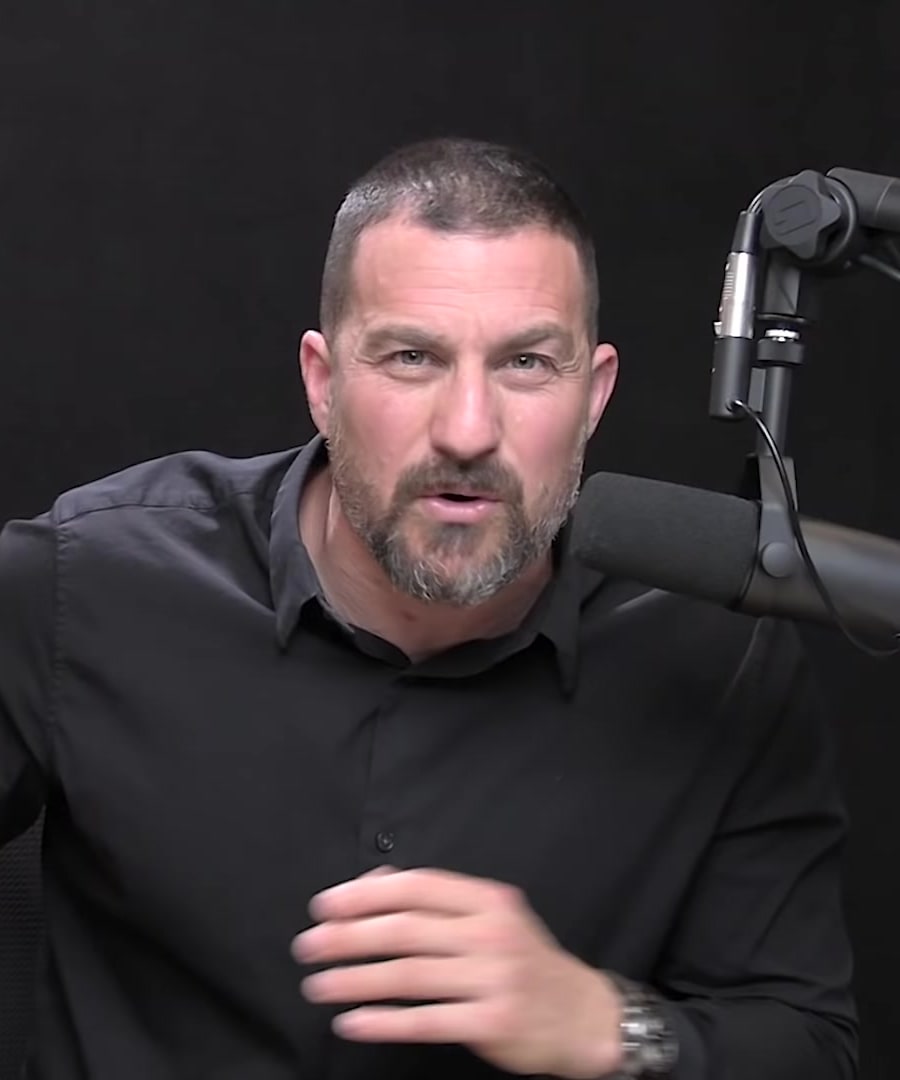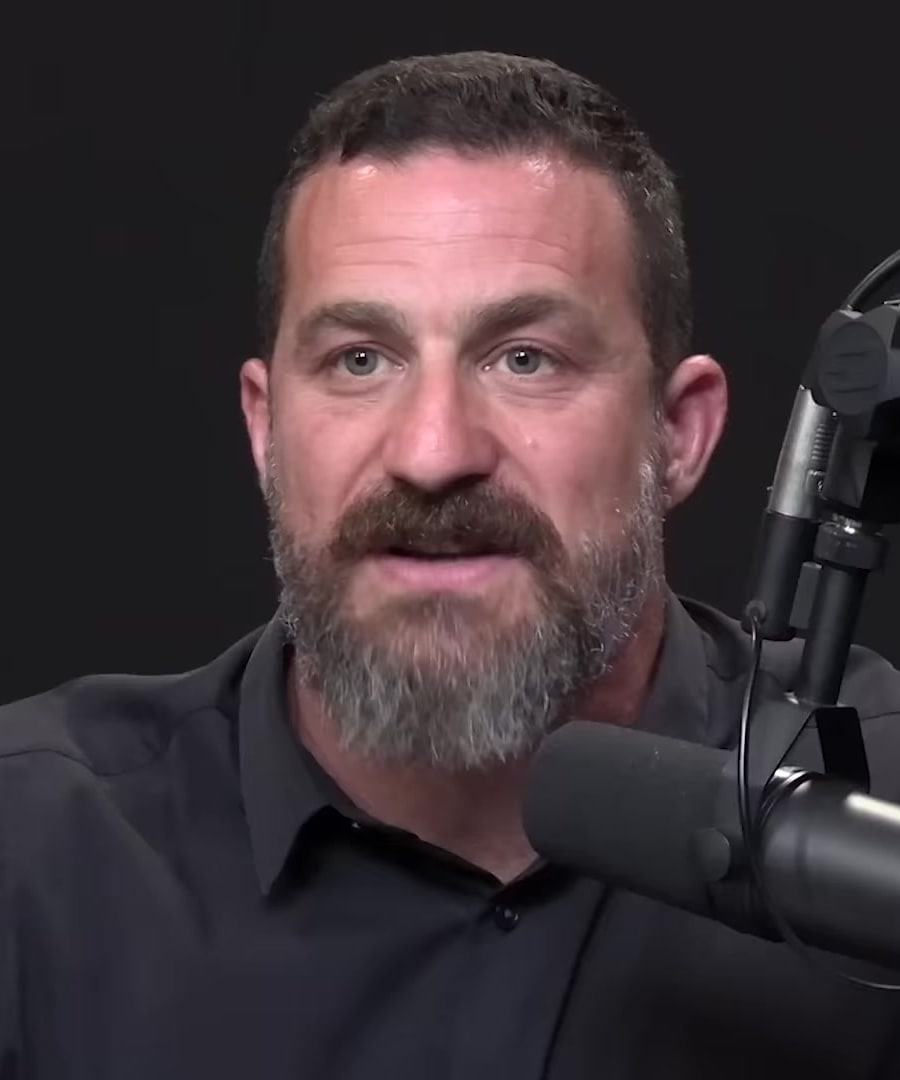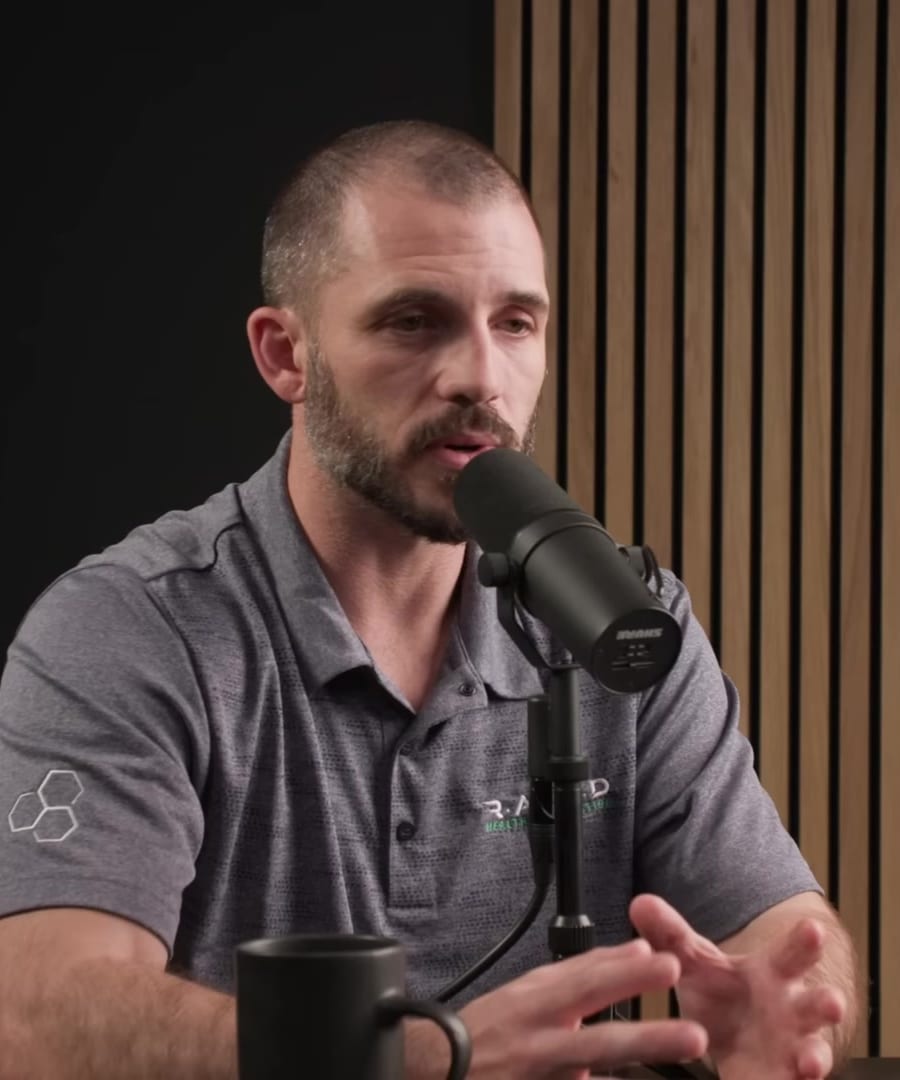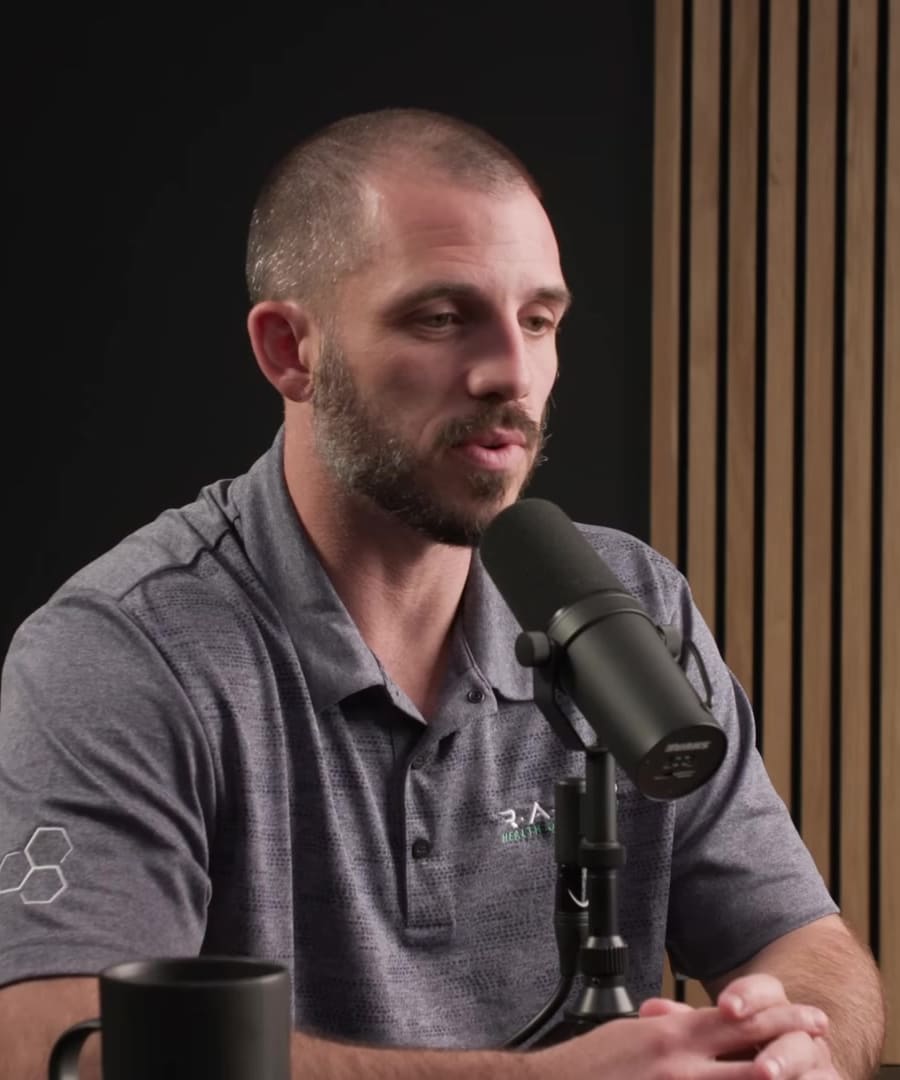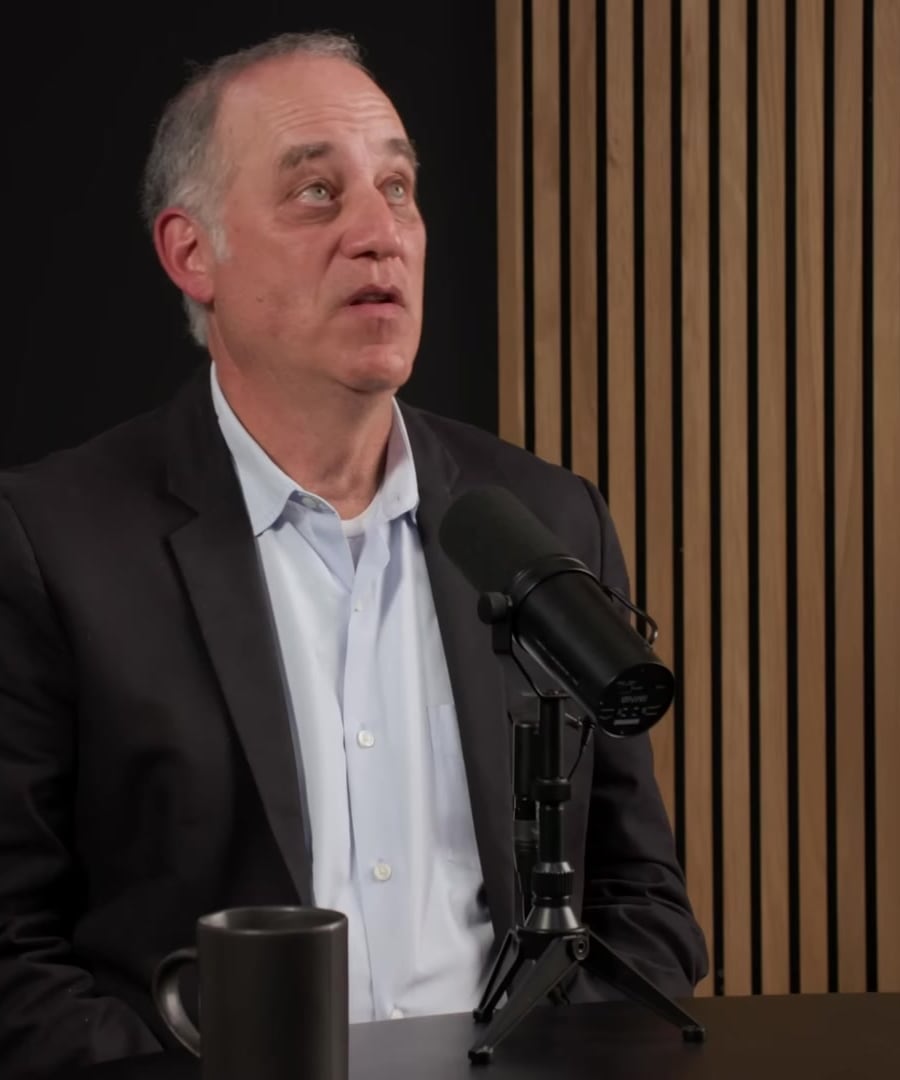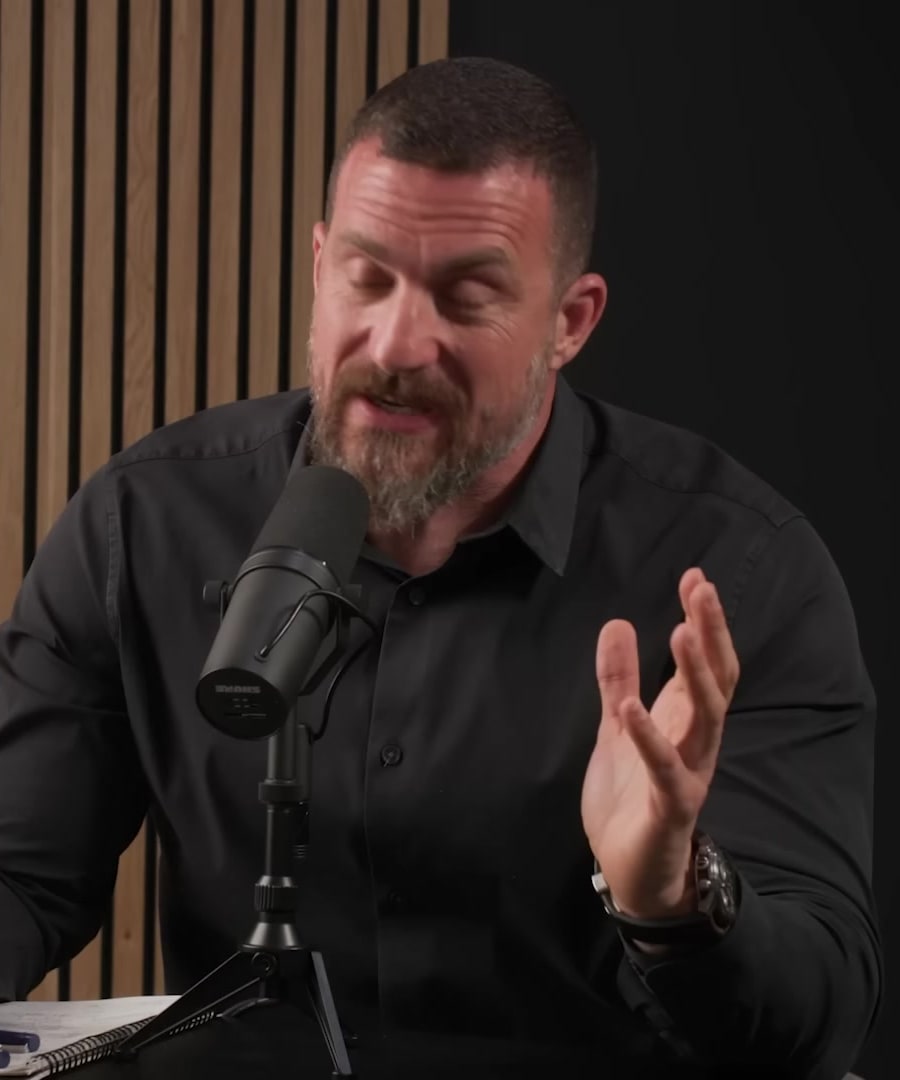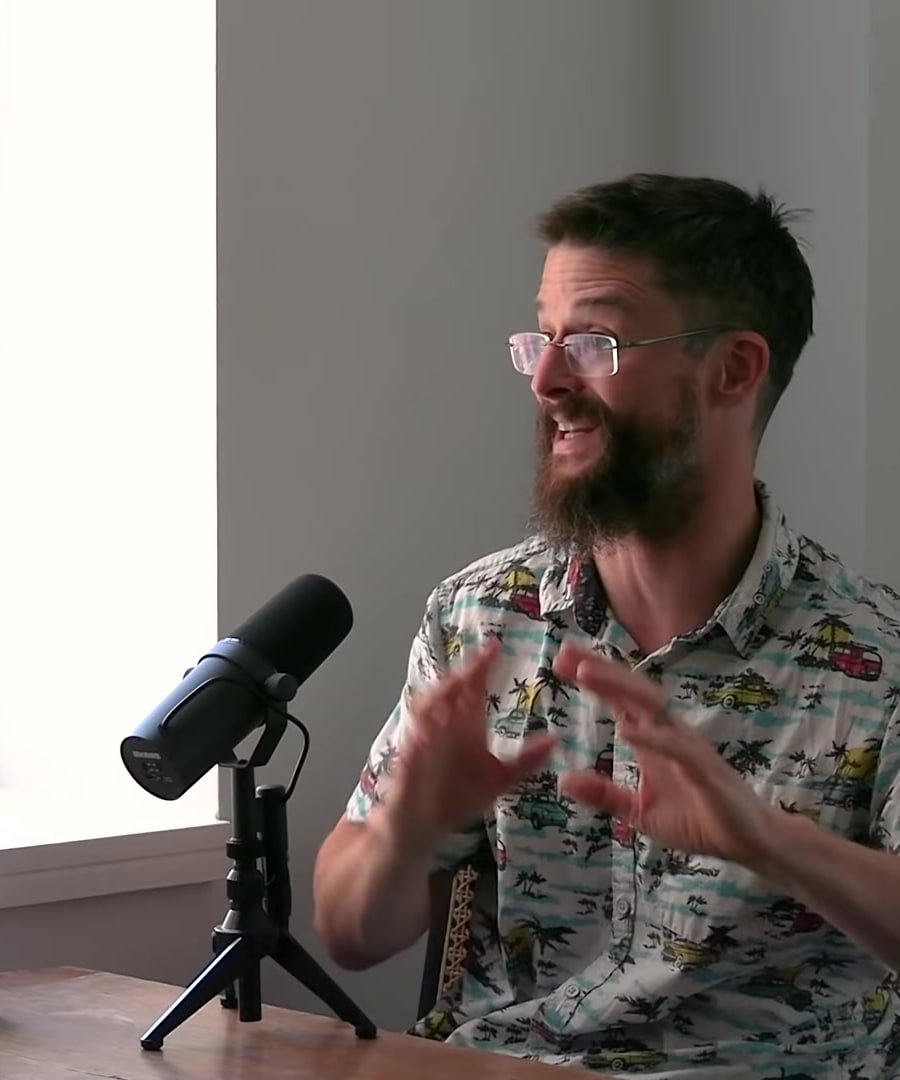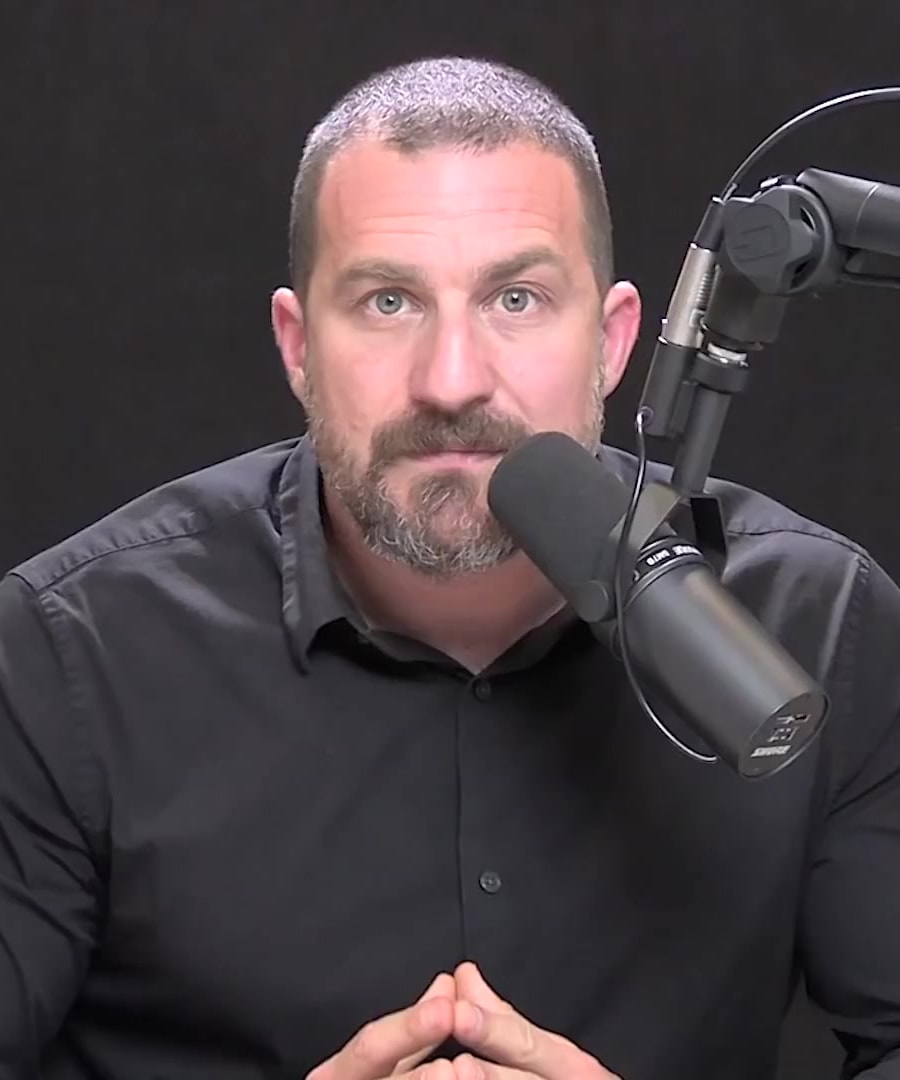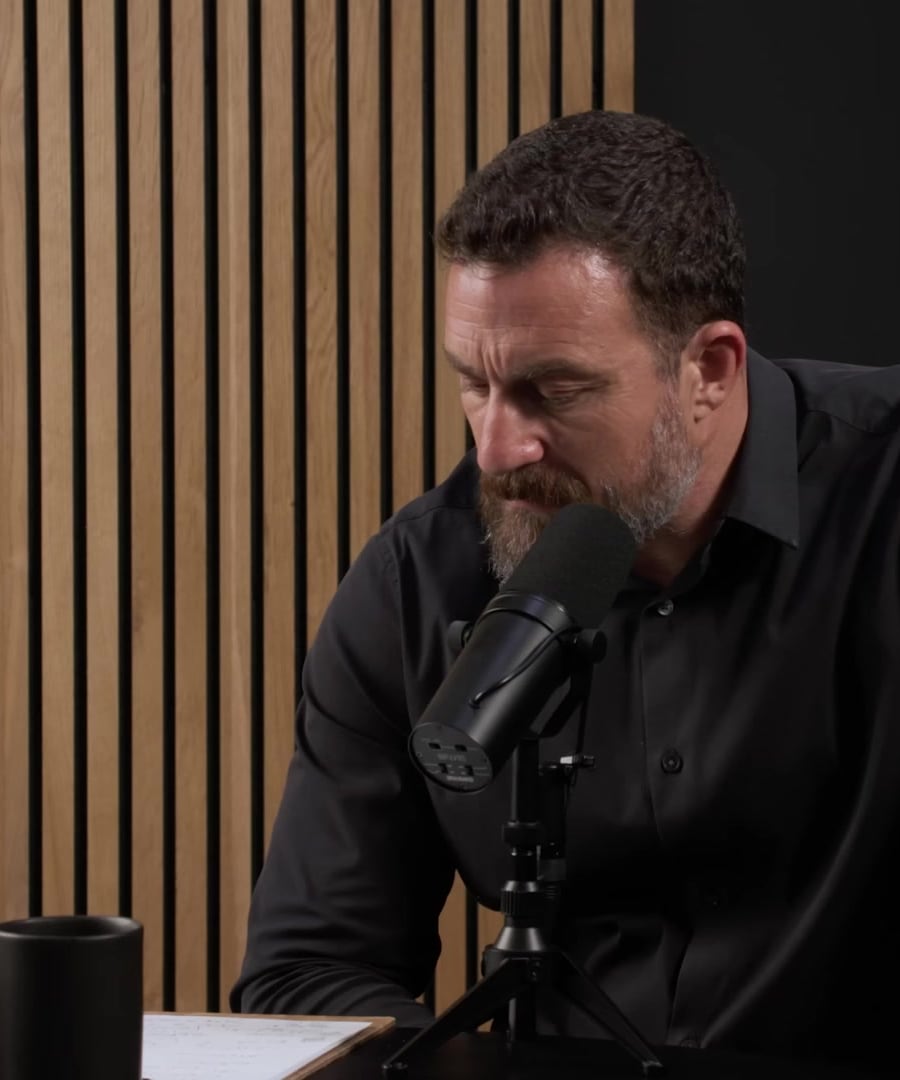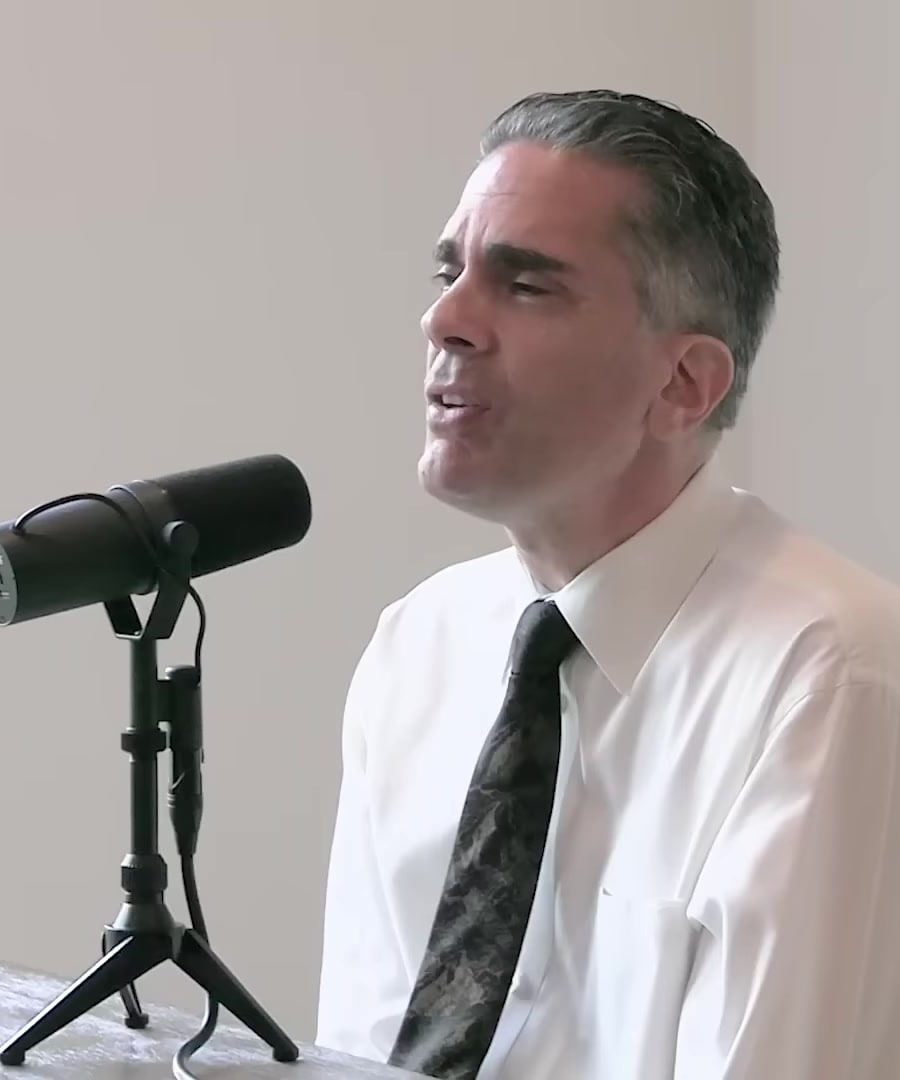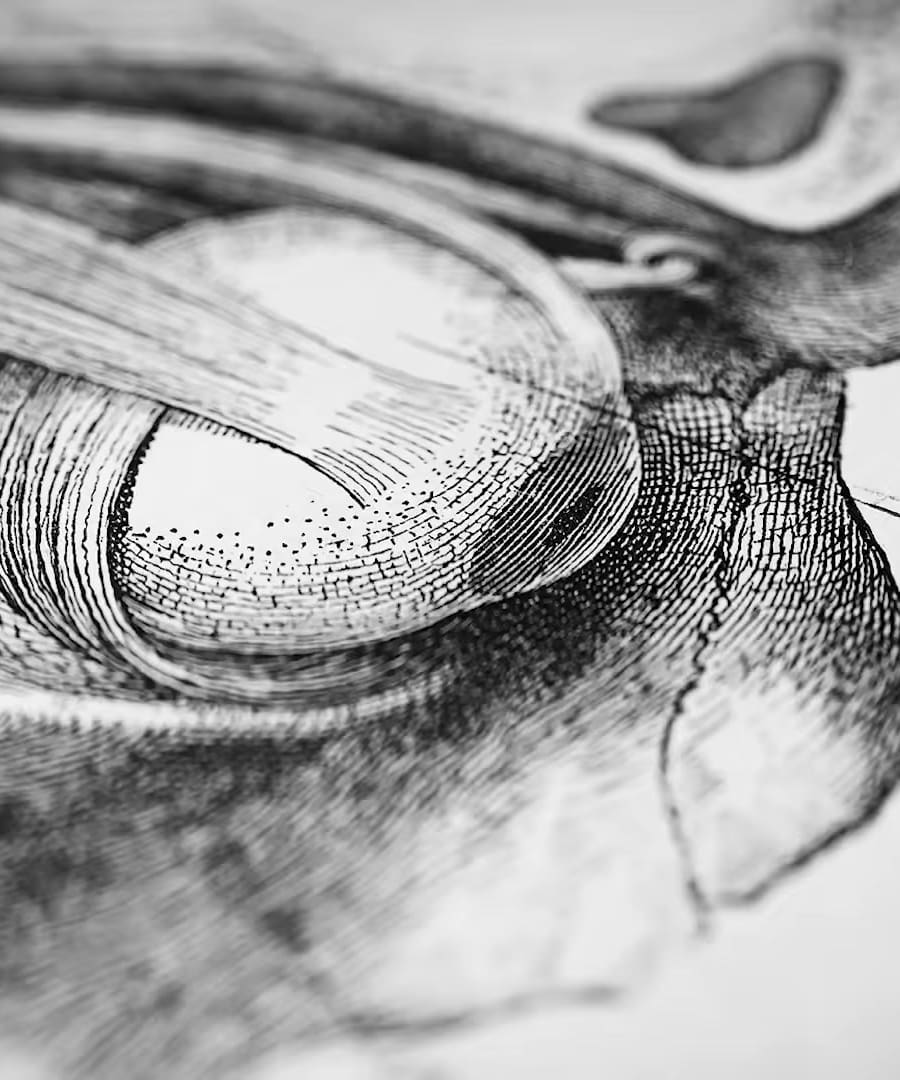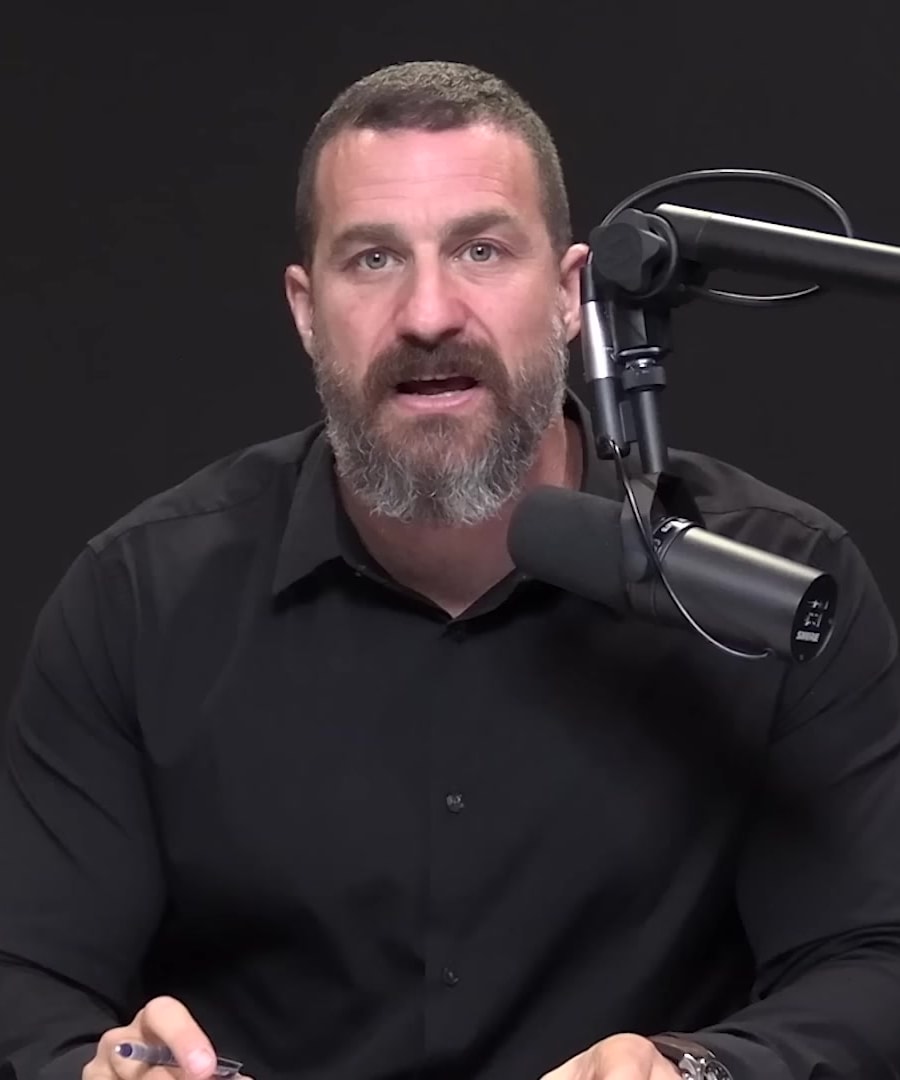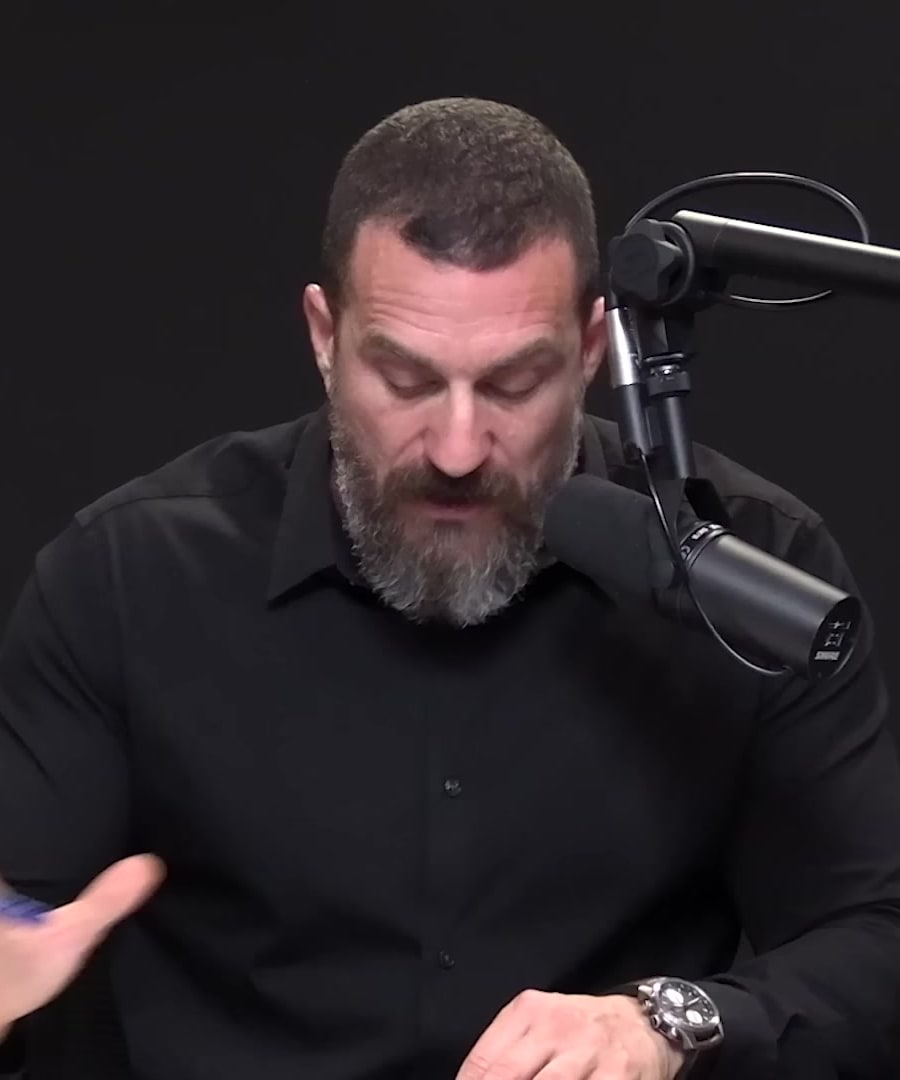Hi! Will taking muscle relaxers after my workout impede the desired results of my workout?
It seems there isn't specific information or a direct discussion pertaining to the effects of post-workout muscle relaxers on workout results from the in the available data. It's important to consult with a healthcare provider for personalized advice on this topic, as the use of muscle relaxers and their impact on exercise performance and recovery can vary greatly based on individual health status and the type of medication.
RELATED QUESTIONSAre there opposing opinions on taking muscle relaxers after a workout?
There are no discussions or mentions within the data regarding opposing opinions on taking muscle relaxers after a workout. For evidence-based medical advice or differing medical opinions on this topic, it's essential to consult healthcare professionals or look into medical literature directly.
RELATED QUESTIONSTell me more about health and recovery topics.
Sources:
Here's a compilation of information on health and recovery topics from the :
-
Turning Thoughts into Health: discusses how a sense of hope, associated with the dopamine system, can promote faster recovery from illnesses and injuries. He notes that activating the dopamine pathway, either by thinking about a positive future or by using certain supplements, can decrease inflammation and accelerate healing 1.
-
Stress and Recovery: Dr. explains the importance of balancing stress and recovery for adaptability and physical ability. By understanding visible and hidden stressors as well as recovery capacity, one can enhance adaptability 2.
-
Recovery from TBI (Traumatic Brain Injury): emphasizes the importance of understanding TBI not just for individuals who have experienced significant head trauma but also for the general degradation of brain function. He mentions the glymphatic system as a key component in brain repair 3.
-
Enjoying Hard Training: advises learning to enjoy intense workouts, which includes having the right mindset and setting boundaries that define a separate space for training and recovery. This approach can enhance fitness and overall well-being 4.
-
Nutrient Timing for Recovery: Dr. Galpin talks about the importance of consuming both protein and carbohydrates after a workout to stimulate insulin and support the recovery process. He also discusses the role of micronutrients such as vitamin A, zinc, and magnesium for recovery 5.
-
Training Through Illness: Dr. Galpin provides advice on whether or not to continue training when feeling ill. He considers factors such as the phase of training, the severity of symptoms, and the potential for recovery before making a decision 6.
The information provided offers insights into how psychological factors, like hope, can affect physical recovery, the critical relationship between stress and recovery, and the practical aspects of workout and nutrient timing to support health and recovery.
RELATED QUESTIONS-
Summarize Control Pain & Heal Faster with Your Brain | Huberman Lab Podcast #9
The of the covers several aspects of pain perception, injury, and recovery, with insights provided by :
-
Understanding Pain and Injury: Dr. addresses the principles of neuroplasticity and explains how the brain perceives pain. The episode elucidates on how pain and injury are dissimilar, which means that the perception of pain does not always correlate directly with tissue damage.
-
Role of Vision: The podcast discusses the significant impact of visual input on the relief and perception of pain.
-
Inflammation and Pain: Dr. delves into the interconnectedness of inflammation and sensation, highlighting that inflammation can alter the brain's representation of the body and influence sensitivity to pain.
-
Phantom Limb Pain: The phenomenon of experiencing pain in a limb that is no longer present, i.e., phantom limb pain, is explored along with neural mechanisms that contribute to it.
-
Injury Recovery: Strategies for accelerating injury recovery are highlighted, including the avoidance of overcompensating for an injury, which can often lead to additional strain or secondary injuries.
-
The Glymphatic System: The podcast touches upon the glymphatic system, which is involved in the removal of waste from the brain and plays a critical role in recovery processes.
-
Lifestyle Factors: provides insights into the influence of low-level cardio for health, the importance of body position and angle during sleep, and the advantages of leveraging the power of pain perception.
-
Pain Management Tools: The episode also delves into various pain management strategies, including the use of ice vs. heat, red light therapy, and acupuncture, offering a comprehensive understanding of how to approach pain and injury using both the brain and body.
Published on March 1, 2021, this episode serves as a detailed exploration of the neuromodulatory control of pain and strategies for enhancing recovery from injury.
RELATED QUESTIONS-
Tbi and brain repair
Sources:
Discussing traumatic brain injury (TBI) and brain repair, outlines various aspects and potential strategies for recovery and healing:
-
Avoiding Secondary Injury: It's widely agreed that preventing a second TBI is crucial. This is particularly relevant for athletes, military personnel, and individuals in professions like construction 1.
-
Sleep and Sleep Disruption: Sleep, specifically deep sleep, is essential for brain repair and recovery. Many patients with concussions report disrupted sleep, which compounds cognitive issues 2.
-
Glymphatic System: The brain possesses a waste clearance system called the glymphatic system, which is active during slow-wave sleep. This system is integral to the removal of brain debris and repair after TBI. Low-level cardio may also activate the glymphatic system and improve outcomes post-injury 3.
-
Significant Symptom Variability: Symptoms after a TBI can include headaches, light sensitivity, mood changes, and concentration difficulties. Recovery and the severity of these symptoms can vary greatly 1.
-
Brain Injuries Beyond Sports: Dr. points out that while sports concussions are highly visible, the majority of TBIs occur due to accidents like car crashes, construction sites, and military activity 4.
-
Role of Hyperbaric Oxygen: The use of hyperbaric oxygen therapy following a TBI is an emerging idea. Although further research is needed to substantiate its efficacy, it is considered a potential treatment 4.
-
Brain Plasticity and Repair: There's a possibility that psychedelics could play a role in neurological repair due to their impact on neuromodulation and plasticity. Preliminary research on rodent models and human anecdotes suggests this potential, with plans for further study looking at improvements in cognitive functions and brain structure post-TBI 5.
Dr. and his colleagues emphasize the need for a comprehensive approach when dealing with TBI and highlight the importance of neuroplasticity and various mechanisms that can support brain repair.
RELATED QUESTIONS-
List clips similar to "Recovery from TBI"
Sources:
Here is a list of clips related to "Recovery from TBI":
-
Recovery from TBI: Andrew discusses the importance of understanding recovery from TBI and how it relates to normal aging. He also emphasizes the need to avoid a second TBI and the role of the glymphatic system in repairing the brain 1.
-
Concussion Recovery Insights: Mark emphasizes the impact of disrupted sleep on concussion recovery, suggesting a gradual return to activities. He highlights the importance of brain training tools like Brain HQ by Merzenik to enhance cognitive functions post-concussion and debunking the myth of limited neuroplasticity in adulthood 2.
-
Recovering from Brain Injury: Andrew explains how olfactory neurons can be damaged during a head injury and how recovery of the sense of smell can be an indicator of concussion severity. He also shares a review article that suggests olfactory training can be helpful in creating new neurons and enhancing the sense of smell for those who have suffered a head injury 3.
-
Traumatic Brain Injury Insights: Mark sheds light on the prevalence and persistence of concussions, emphasizing the need for better interventions and understanding of post-concussion symptoms 4.
-
Unraveling Trauma: Paul Conti discusses how trauma can change our memories and self-talk, leading to negative emotions and behaviors. He emphasizes the importance of taking a trauma history and seeking therapy to address the root cause of mental health and substance use issues 5.
-
Understanding Trauma: Dr. Paul Conti discusses trauma and the therapeutic process, including how to identify trauma and pick a therapist. He also explores self-therapy and drug therapies, such as antidepressants and psychedelics 6.
-
Headaches and Traumatic Brain Injury: Andrew discusses the relationship between head hits and headaches, as well as the difficulty in defining the line between traumatic brain injury and lower-level brain injury 7.
-
Creatine for TBI Headaches: Andrew discusses a pilot study that shows creatine monohydrate supplementation might be an excellent candidate for people to try who experience headache, dizziness, and fatigue due to TBI 8.
These clips delve into various aspects of traumatic brain injury, from sleep issues and sensory deficits to therapeutic interventions and lifestyle changes.
RELATED QUESTIONS-
Hi! Will taking muscle relaxers after my workout impede the desired results of my workout?
- RELATED QUESTIONS
Are there opposing opinions on taking muscle relaxers after a workout?
- RELATED QUESTIONS
Tell me more about health and recovery topics.
- RELATED QUESTIONS
Summarize Control Pain & Heal Faster with Your Brain | Huberman Lab Podcast #9
- RELATED QUESTIONS
Tbi and brain repair
- RELATED QUESTIONS
List clips similar to "Recovery from TBI"
- RELATED QUESTIONS
